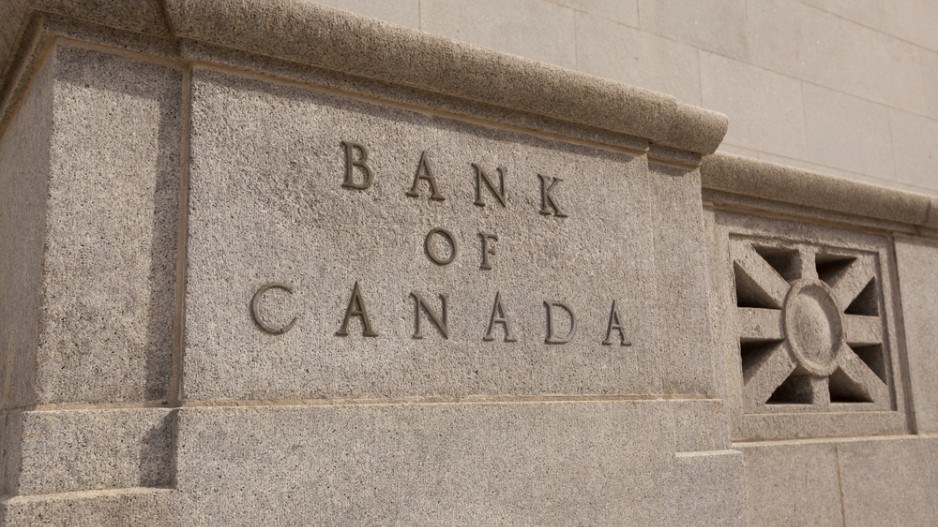Canadian companies are growing increasingly concerned about the slump in oil prices, and this isn’t restricted to those firms directly in the energy sector, according to the Bank of Canada’s Business Outlook Survey released April 6.
Intentions to hire workers have been cut in half since last quarter’s survey. Overall, plans to increase staff remain positive but have hit the lowest level since 2009.
“Hiring intentions are weaker for most sectors and regions, but especially for firms tied to the energy sector, which plan to reduce the size of their workforces in light of lower oil prices,” Canada’s central bank said in a report.
“Firms planning to curtail employment also cite efficiency gains as a factor driving their intentions.
Plans to invest in machinery and equipment were also halved over the quarter.
Not all news was bad. Many companies said that lower oil prices and the weaker Canadian dollar will have a positive effect on their businesses. RBC assistant chief economist Paul Ferley said there still remain some potential positive economic impacts from the slump in oil prices, but “the greater the lag before these factors manifest themselves, the greater the risk that the negative effects of lower energy investment will dominate,” he said.
As well, strong economic growth in the United States is seen as a positive driver for many firms.
Ferley said the bank’s report is cause for concern for short-term growth, but he points out that the Bank of Canada’s Governor Poloz had already predicted an “atrocious” early 2015.
“We do not expect today’s report to prompt any immediate policy response, with the Bank of Canada expected to remain on the sidelines monitoring the economic data,” Ferley said.
“Our forecast assumes that the positive offsets will start to be even more evident in the data during the second half of 2015 that will eventually return the central bank to tightening mode in 2016.”
Douglas Porter, BMO Financial Group chief economist, said he doesn’t see this report as a reason to expect another cut in the overnight rate.
“While we don’t dismiss the chances of such, it will take some significant new disappointment to advance the cause,” Porter said.
The Canadian dollar saw a slight gain after the central bank released its report. It jumped almost two-tenths of a cent to 80.28 cents US on announcement. As of press time, the dollar had settled around 80.21 cents US.




